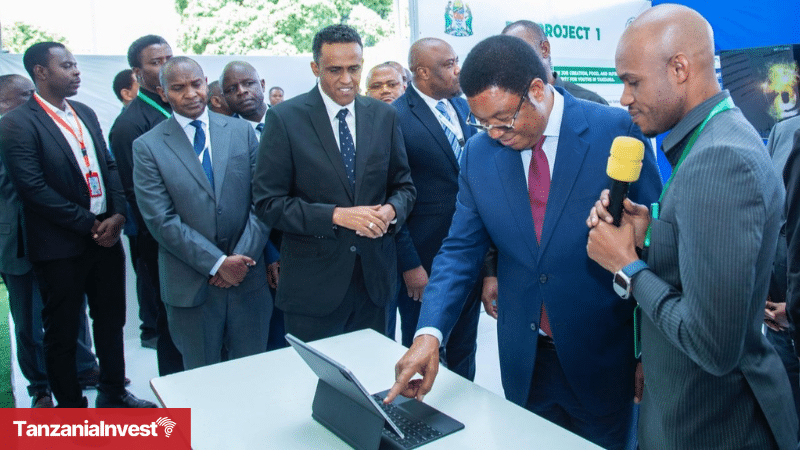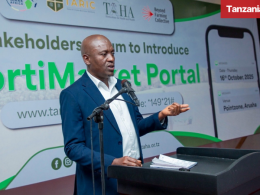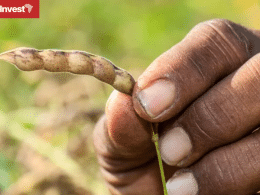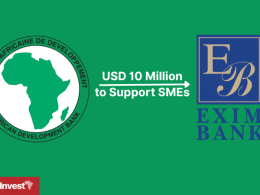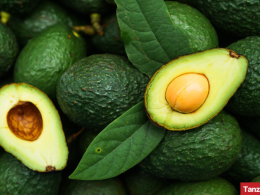On 27 April 2025, Tanzania Prime Minister Kassim Majaliwa launched the AfDB-funded BBT Project 1 to support youth and women in agribusiness, during a ceremony held at the Jakaya Kikwete International Convention Centre in Dodoma.
The project, officially titled “Building a Better Tomorrow – BBT Project 1,” is supported by the African Development Bank (AfDB) and will be implemented over five years from 2025 to 2030 by the Ministry of Agriculture and the Ministry of Livestock and Fisheries.
The project has a total cost of USD 129.71 million, of which AfDB is providing 53.76% as a concessional loan with an interest rate of 0.2%, while the Government of Tanzania will contribute the remaining 46.24%.
During the launch, the Prime Minister emphasised the project’s role in supporting the government’s objectives to improve food security, nutrition, and poverty reduction.
He also urged farmers and citizens to join registered cooperative unions to benefit from financial services and directed the Ministry of Agriculture and the Tanzania Cooperative Development Commission (TCDC) to strengthen oversight and ensure transparency and financial accountability in the cooperative sector.
The Prime Minister further called on financial institutions to collaborate with cooperatives to make affordable loans available to farmers and announced the launch of the Annual Agriculture Development Reports for the fiscal years 2022/23 and 2023/24.
The launch event was attended by various government and private sector leaders, including Minister of Agriculture Hussein Bashe, Minister of Information, Culture, Arts and Sports Prof. Palamagamba Kabudi, Deputy Minister of Agriculture David Silinde, Permanent Secretary of the Ministry of Agriculture Gerald Mweli, Dodoma Regional Commissioner Rosemary Senyamule, and representatives from AGRA, TCDC, and the Tanzania Cooperative Bank.
The BBT Project 1 targets the promotion of agribusiness among youth and women, focusing on increased access to land, financing, and infrastructure.
It will be implemented across five regions and aims to support 170,000 beneficiaries, including youth-led and women-led agribusinesses, agritech innovators, and smallholder farmers.
The project will finance the development of irrigation infrastructure on 6,000 hectares, construction of warehouses and collection centres, and establishment of incubation and training centres for agribusiness.
It will also strengthen agricultural value chains in crops such as rice, maize, sunflower, and horticulture, while promoting climate-smart practices and digital solutions in agriculture.





